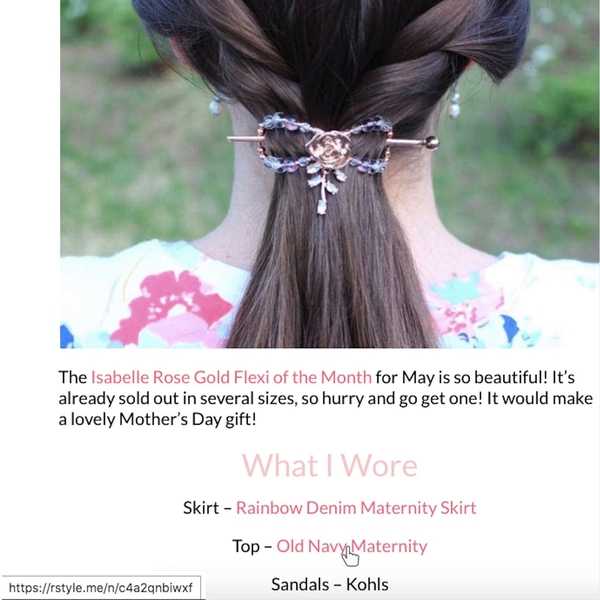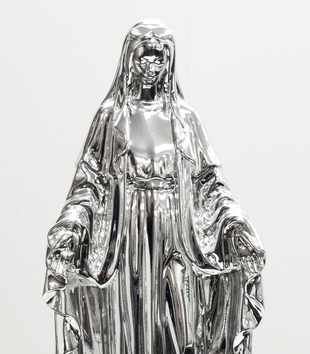Suzanne van Geuns is a Postdoctoral Research Associate at the Center for Culture, Society and Religion at Princeton University. She received her PhD in 2022 from the University of Toronto. Suzanne van Geuns's scholarship broadly examines the intellectual exchange between computational projects and the gendered or sexual imagination, with a special interest in the rightwing internet. Her current research is a genealogy of sexual frustration, focused on the intersections between artificial intelligence research and religious registers of self-improvement in online seduction advice.
Biblical womanhood blogs often resemble the idealized Christian home they encourage women to build. Decorated with flowers and calligraphy, the hyperfeminine domestic domain becomes a stronghold for conservative Protestant readings of the Bible and a shelter from feminist influence. Set apart but never isolated, these sanctuaries encourage by way of connection.
Early biblical womanhood bloggers created networks through “link-up parties.” The hosting blogger makes a “party” post and calls on others to add their links below. The multitude of squares in the resulting patchwork underlines that every oasis has neighbors who are to be invited in.
Businesses have long recognized the potential for profit in networked domesticity. Companies like Lilla Rose mirror 1950s Tupperware parties, offering bloggers a commission on the hair accessories they sell as “stylists” and “representatives.” This model depends on visibility, but biblical womanhood blogs also monetize contact less obviously, through infrastructures of affiliation.
An “affiliate” link to Old Navy Maternity, for example, seems to just lead to the clothing website. But when hovering a cursor over such a link, the bottom left corner of the internet browser displays an “R-Style” URL rather than the Old Navy URL that will show in the address bar once the new tab opens. Bloggers who affiliate with R-Style make links to all merchants associated with R-Style run through an infrastructure that “sticks” code to site visitors. When these site visitors then go to a merchant’s website and buy something, the blogger receives a percentage of their purchases’ costs—no matter what or when they buy.
In a strikingly domestic metaphor, the “sticky” code that makes it possible to mark and track visitors is called a “cookie.” Only visible in glimpses, cookies are steadfastly served alongside blogs’ ornamental tea cups and Bible verses.
Skillfully choosing and combining affiliations, biblical womanhood bloggers show their readers how to put the (online) home at the heart of overlapping systems of circulation. Hold fast to the truth and stay with what you love, they write. The encouragement will be in the affiliation.
Notes
Imprint
10.22332/mav.obj.2022.18
1. Suzanne van Geuns, "The sticky cookies of biblical womanhood," Object Narrative, MAVCOR Journal 6, no. 3 (2022), doi: 10.22332/mav.obj.2022.18.
van Geuns, Suzanne. "The sticky cookies of biblical womanhood." Object Narrative. MAVCOR Journal 6, no. 3 (2022), doi: 10.22332/mav.obj.2022.18.







